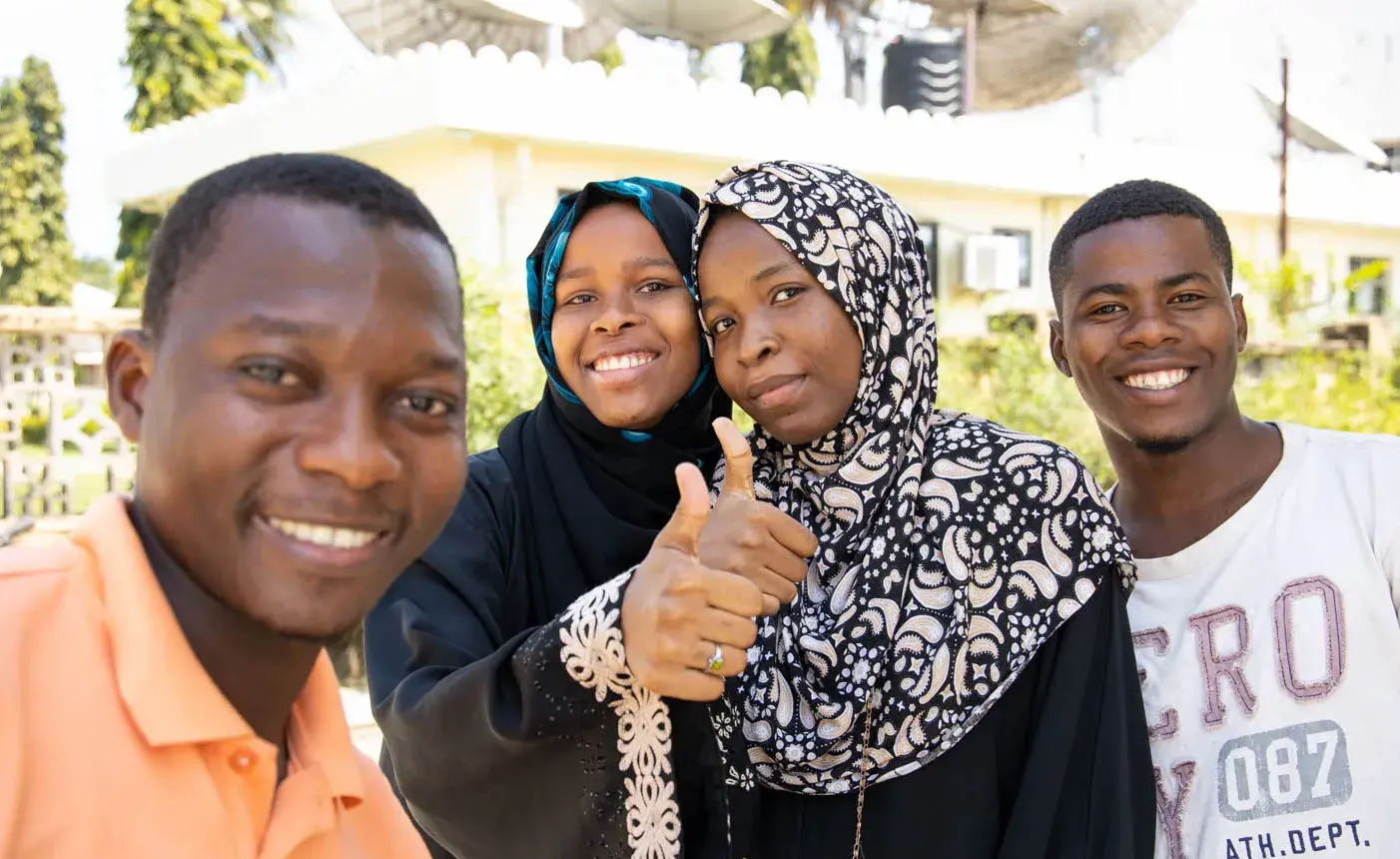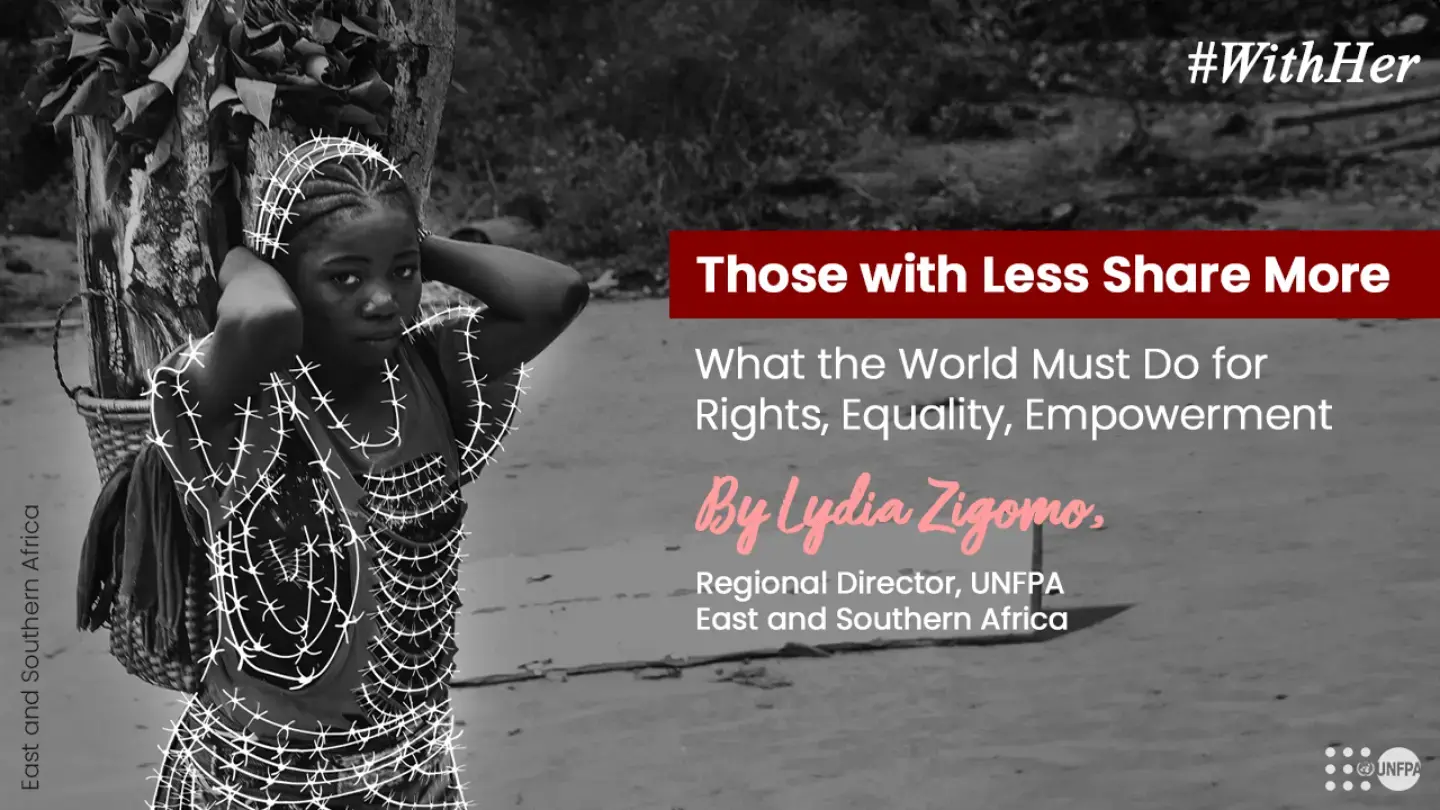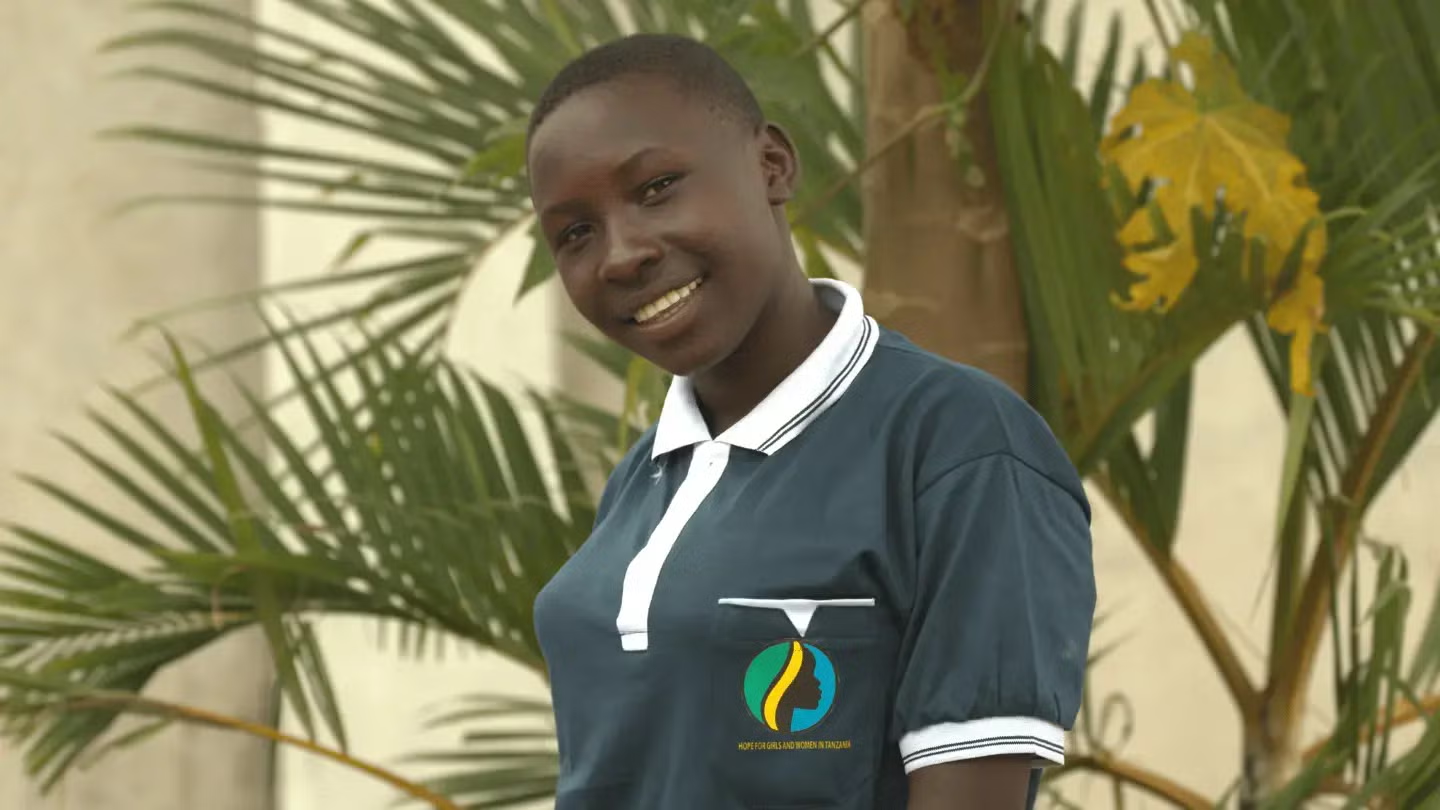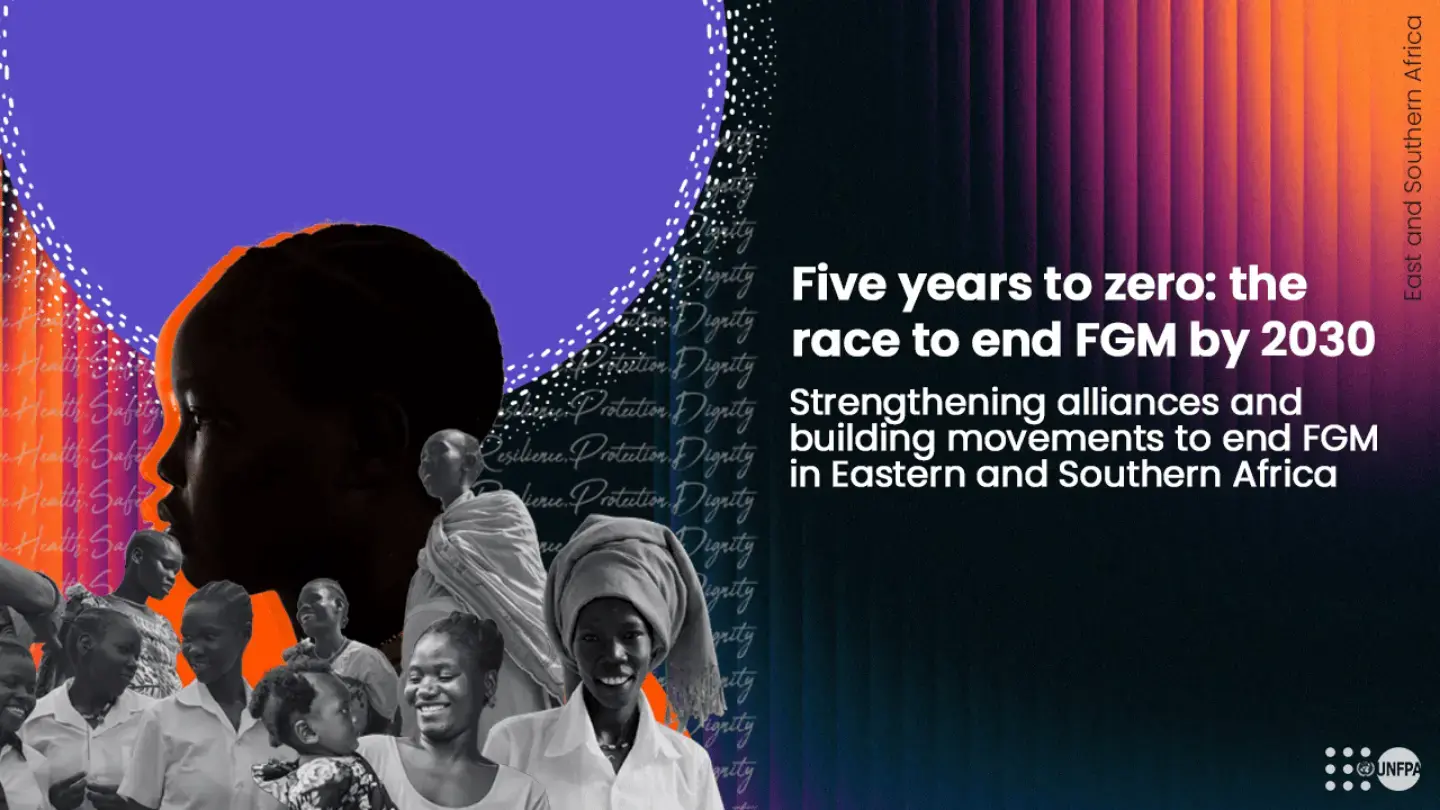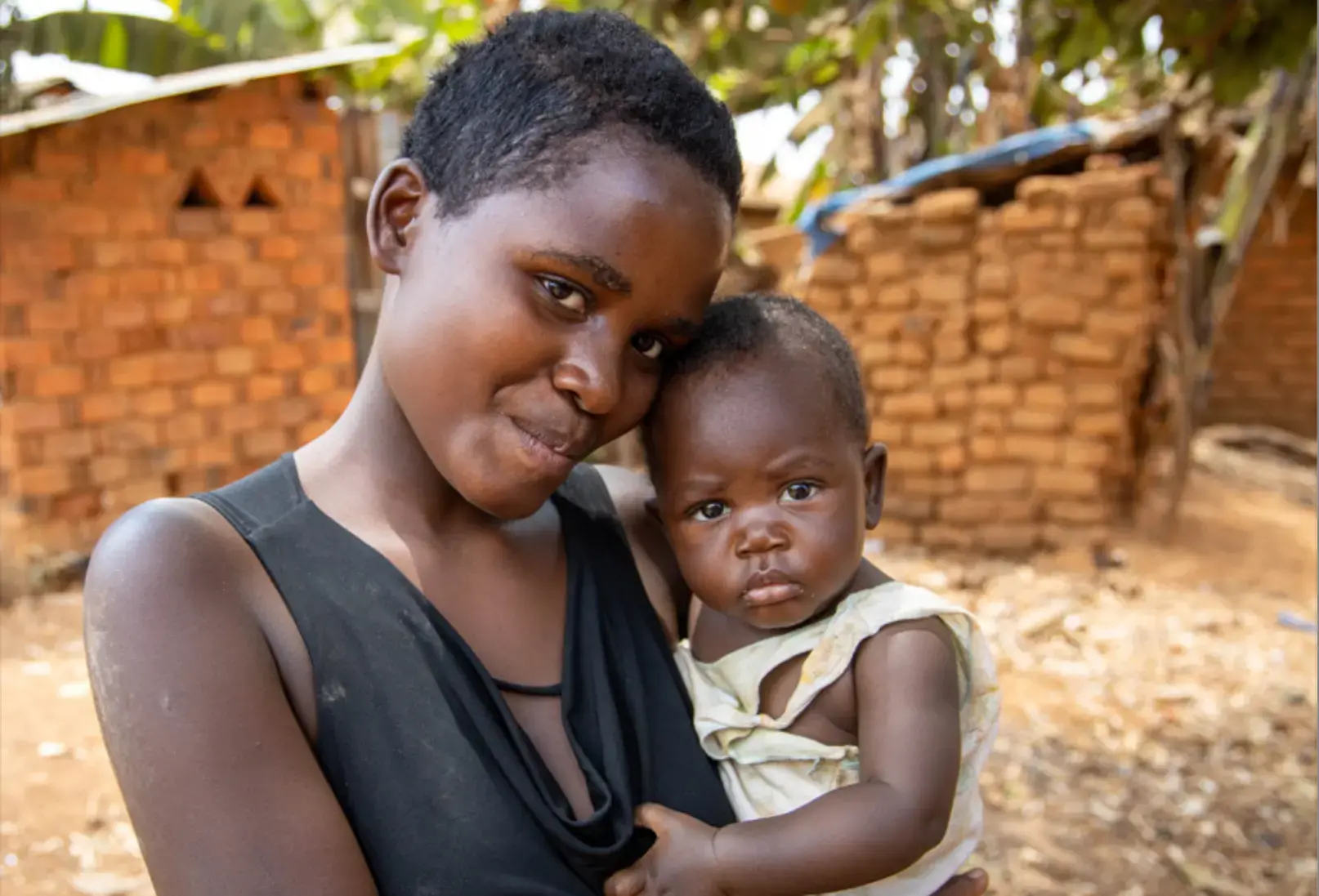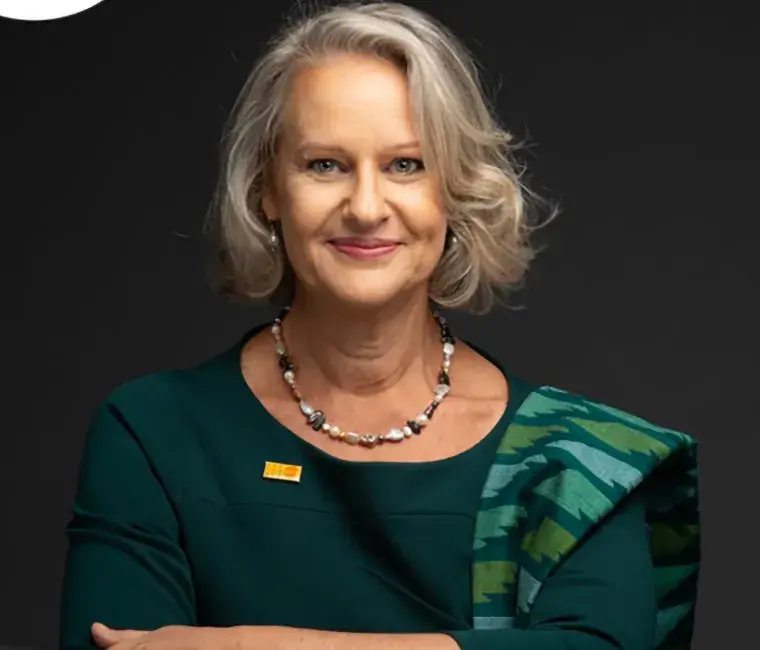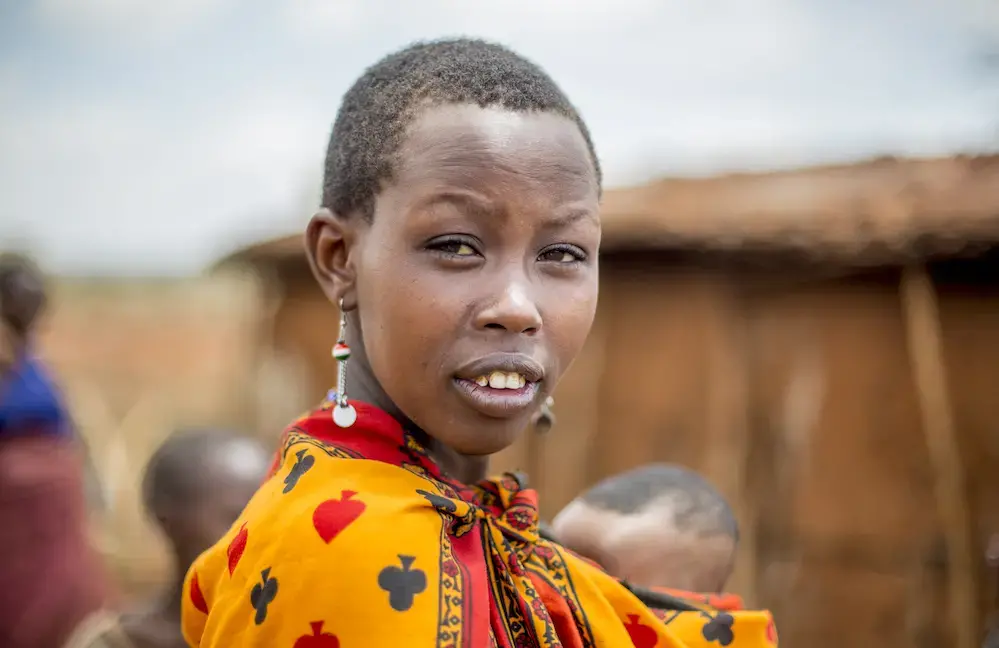Gender equality is, first and foremost, a human right. It implies that women, men, boys and girls of all classes and races participate as equals and have equal value. They enjoy equal access to resources, freedoms and opportunities to exercise control.
Gender equality means that the rights, responsibilities and opportunities of individuals will not depend on whether they are male or female, handicapped or able bodied, young or elderly, white or black, or from rural or urban settings.
Women are entitled to live in dignity, safety and security. Empowering women and girls is an indispensable tool for advancing development and reducing poverty. Women who are healthy, educated and in charge of their lives contribute to the health and wealth of whole families, communities and their nations.
Context in East and Southern Africa
Women’s participation in decision making has steadily improved in most East and Southern African countries, with a rising proportion of women in ministerial positions in the region. Despite some progress in education and health, there is still much to be done to promote gender quality in the region. There are widespread gender disparities in maternal health, education at higher levels, employment, poverty, political participation and fulfilment of human rights. For instance, only 52 per cent of women and girls in the region have decision making power on sexual and reproductive health and reproductive rights (2007-2020).
The high prevalence of gender-based violence and harmful traditional practices, such as female genital mutilation and early marriage, reinforces and compromises the health and security of women and girls. Among girls aged 15-19 in the region, 35 per cent had been subjected to female genital mutilation (2004-2020). By age 18, 31 per cent of girls were married (2005-2020). Child marriage is a widespread norm, yet it is a serious violation of human rights. It denies girls and young women their rights to health care, to education, to live in security and to choose when and whom to marry. Rape and sexual violence are tragic yet common features of conflict and humanitarian situations.
In 2018, 24 per cent of women and girls had experienced intimate partner violence in the past 12 months. And the regional unintended pregnancy rate was 101 per 1,000 women aged 15 to 49 (2015-2019).
Sexual and reproductive rights
The ability of women and girls to exercise their sexual and reproductive rights to make free and informed choices about their sexual and reproductive life, and about whether and when to have children, is a central component of gender equality.
When it comes to women having control over their own bodies and health, there remains much to be done. In many parts, women and girls are still not able to make autonomous and informed decisions about their sexuality and reproduction. Gender norms – the culturally-accepted ideas of how men and women should behave – typically give men the power to make decisions about intimate relationships and family affairs, and these are not always in the best interests of women. Women often perpetuate their own subordination by accepting beliefs and customs that are detrimental to their well-being.
In all countries in the region, gender inequalities in favour of men and boys persist. National legislation, policies and action plans and related mechanisms often exist in the region but governments allocate limited resources and have limited capacity to implement them. In this context, changing social norms and providing long-term livelihood opportunities for women remain major challenges.
UNFPA advocates for women and girls, promotes legal and policy reforms and gender-sensitive data collection, and supports initiatives that improve women's health and expand their choices in life.

